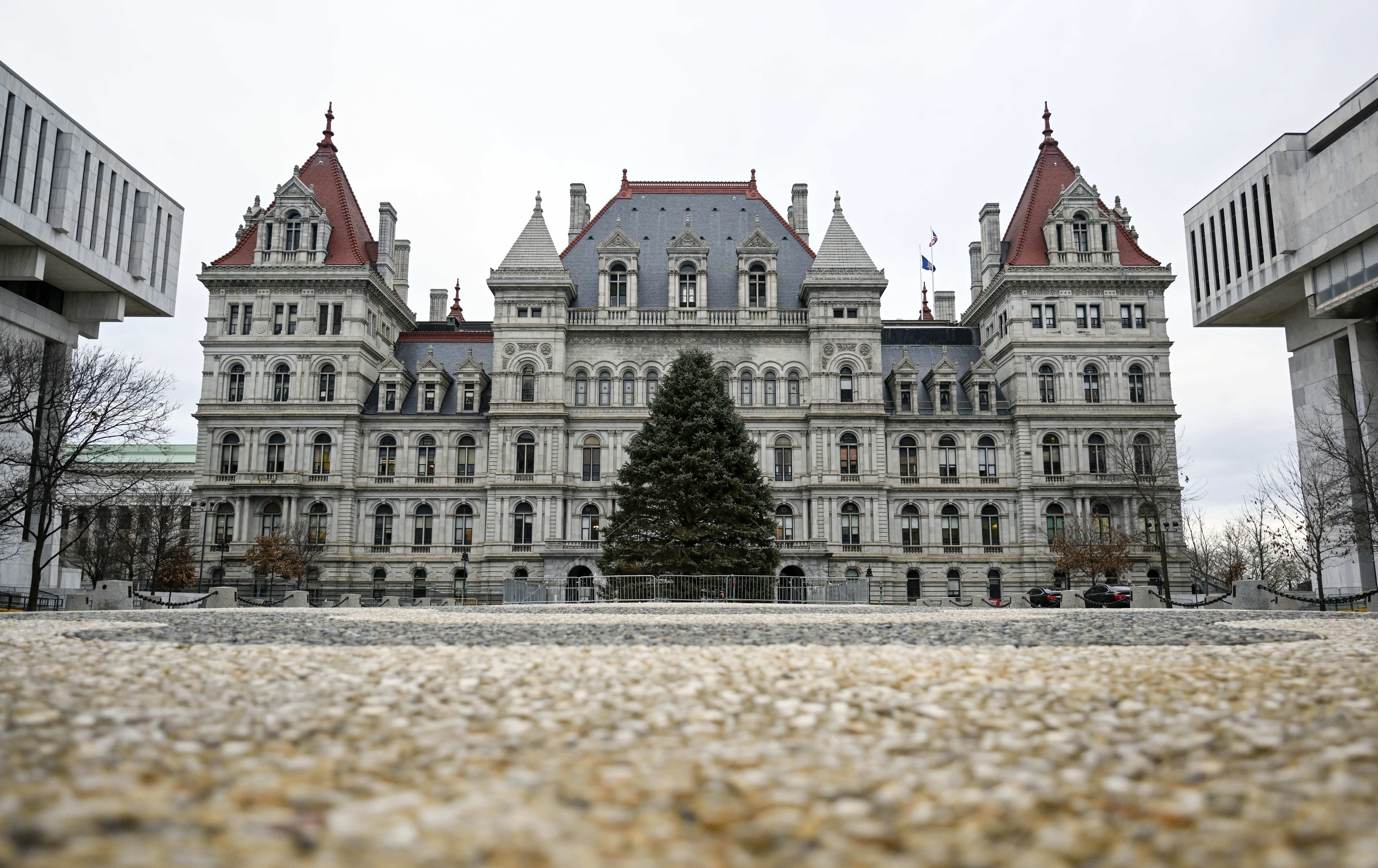Lawmakers and advocates rally to pass the End Predatory Court Fees Act

STATEWIDE — State legislators, advocates, and New Yorkers affected by court debt gathered at the State Capitol on Wednesday to demand the passage of the End Predatory Court Fees Act.
The legislation, introduced by State Senator Julia Salazar and Assemblymember Kenny Burgos, aims to eliminate state court fees and probation fees, mandatory minimum fines, incarceration due to unpaid fines and fees, and garnishment of commissary accounts.
As the state budget is being debated, speakers called for an end to New York’s reliance on court fees, which they argue is a regressive form of taxation that traps millions of low-income residents in a cycle of debt and punishment. The press conference featured state legislators and representatives from organizations such as the Legal Aid Society, the Brooklyn Defender Services and the New York Civil Liberties Union.

Brooklyn Boro
View MoreNew York City’s most populous borough, Brooklyn, is home to nearly 2.6 million residents. If Brooklyn were an independent city it would be the fourth largest city in the United States. While Brooklyn has become the epitome of ‘cool and hip’ in recent years, for those that were born here, raised families here and improved communities over the years, Brooklyn has never been ‘uncool’.